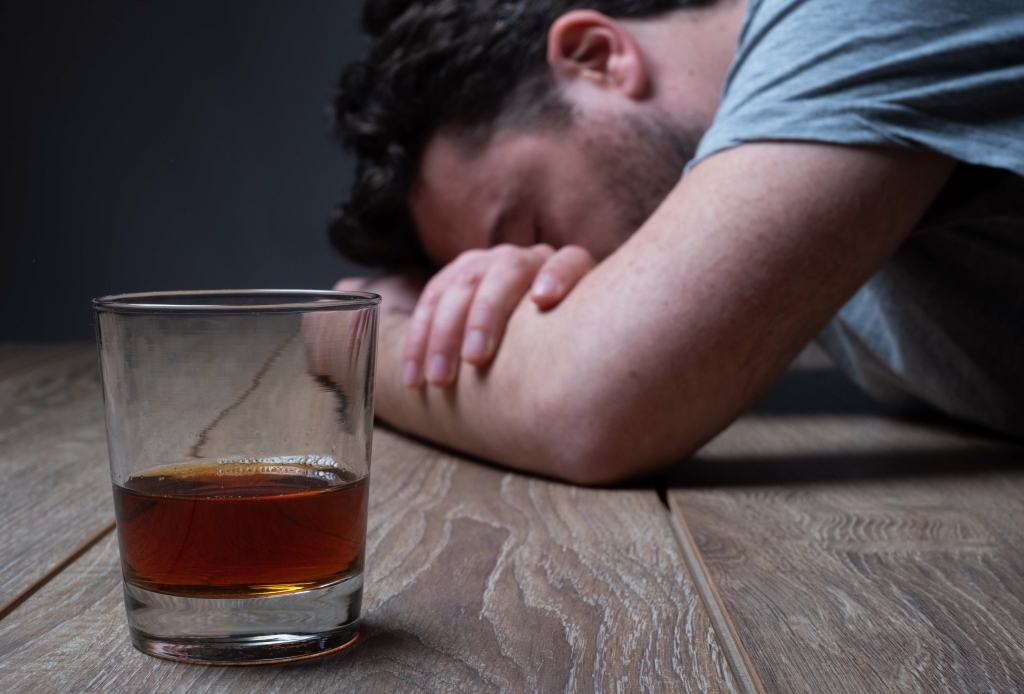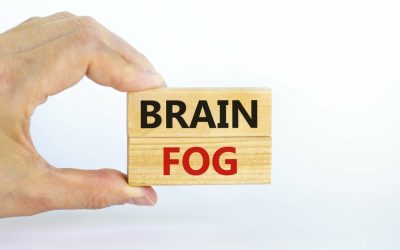Content
If you want extra motivation to get to sleep, plan an early morning meetup with a friend. Or craft an elaborate snacking spread full of your favorite fruits and cheeses (if that’s your thing) and watch a game at home with your friends. Go to a playground and rediscover your favorite youthful pastimes like swinging and hanging on the monkey bars (just don’t steal the slide from the kiddos, okay?). Treatment doesn’t have to be limited to doctors and psychologists. Many clergy members, social workers, and counselors also offer addiction treatment services. Intensive outpatient programs focus on relapse prevention and can often be scheduled around work or school.
The more you’re invested in other people and your community, the more you have to lose—which will help you stay motivated and on the recovery track. Make it clear that drinking will not be allowed in your home and that you may not be able to attend events where alcohol is being served. After three months, I will cut back my weekend drinking even more to a maximum of two drinks per day and three drinks per weekend.
Consider a Dual Diagnosis Program
It’s considered a normal, acceptable thing to do with friends. It’s to the point that if someone isn’t drinking they often catch a bunch of flak for it. This gives you a quick and easy explanation for why you aren’t drinking. It also gives you a sense of purpose that being sober around drinkers can help you stay focused. Researchers foundthat they have the highest rates of employment among alcoholics, with 68% working full-time and an average family income of nearly $50,000 a year. About 64% are male, while around 38% are married and 21% are divorced.
If you don’t drink, it’s helpful if you can still keep up with these activities. You may have to grow a thick skin for long pub conversations, or develop the guts to dance sober.
How Your Social Life Changes if You Give Up Drinking
When two disorders occur at the same time they can intertwine to create a bigger, more https://ecosoberhouse.com/ intense disorder. This is called a co-occurring disorder or a dual diagnosis.
Which option is best for you depends on how much you’ve been drinking, how long you’ve had a problem, the stability of your living situation, and other health issues you may have. Most people with alcohol problems do not decide to make a big change out of the blue or transform their drinking habits overnight. In the early stages of change, denial is a huge obstacle. Even after admitting you have a drinking problem, you may make excuses and drag your feet. It’s important to acknowledge your ambivalence about stopping drinking. If you’re not sure if you’re ready to change or you’re struggling with the decision, it can help to think about the costs and benefits of each choice. It’s a lot easier to relapse if your daily life is empty.
And have you heard? That drunk one loves [insert person here].
Try to limit or remove alcohol from your home. It’s much easier to avoid drinking if you don’t keep temptations around. I will stop drinking on weekdays, starting as of __________. Once you’ve made the decision to change, the next step is establishing clear drinking goals. The more specific, realistic, and clear your goals, the better. We believe in providing our clients with an environment which addresses each individual’s unique physical, emotional, and social needs, while adapting to their changes as they happen. Each person at BRBH has their own limits and goals, which are carefully prepared for and tailored around during their care.
Overcoming an addiction to alcohol can be a long and bumpy road. If you’re ready to stop drinking and willing to get the support you need, you can recover from alcoholism and alcohol abuse—no matter how heavy your drinking or how powerless you feel. And you don’t have to wait until you hit rock bottom; you can make a change at any time. Whether you want to quit drinking altogether or cut down to healthier levels, these guidelines can help you get started on the road to recovery today. For those of us that have struggled with alcohol addiction, many of the real challenges in recovery come after we have completed a treatment program. For many people whose lives once revolved around drinking, it can be difficult to avoid every social, and sometimes professional, event that involves alcohol. We publish material that is researched, cited, edited and reviewed by licensed medical professionals.
Go Places That Don’t Serve Alcohol
What this means is, the brain ends up working much harder to produce these neurotransmitters so that it can maintain a normal level of brain function. As a result, the brain is working twice as hard to operate at the same level it has been without alcohol. Join social media groups for people who participate in sober activities. One of the easiest things you can do to avoid drinking—and to avoid having to explain yourself—is to go to places that don’t serve alcohol.
- Speaking to other families or friends who have gone through this is likely to yield many more strategies and ideas if you are struggling with what to do.
- That is why alcohol detox and alcohol withdrawal treatment is administered by medical professionals.
- Join a sober group on Reddit or Facebook, if that’s your jam.
- And if you’re having a party or a dinner, have some nonalcoholic beverages on hand that you know your sober friends like.
- How those in recovery and those who care about them navigate this with at least some degree of comfort, is highly varied.


